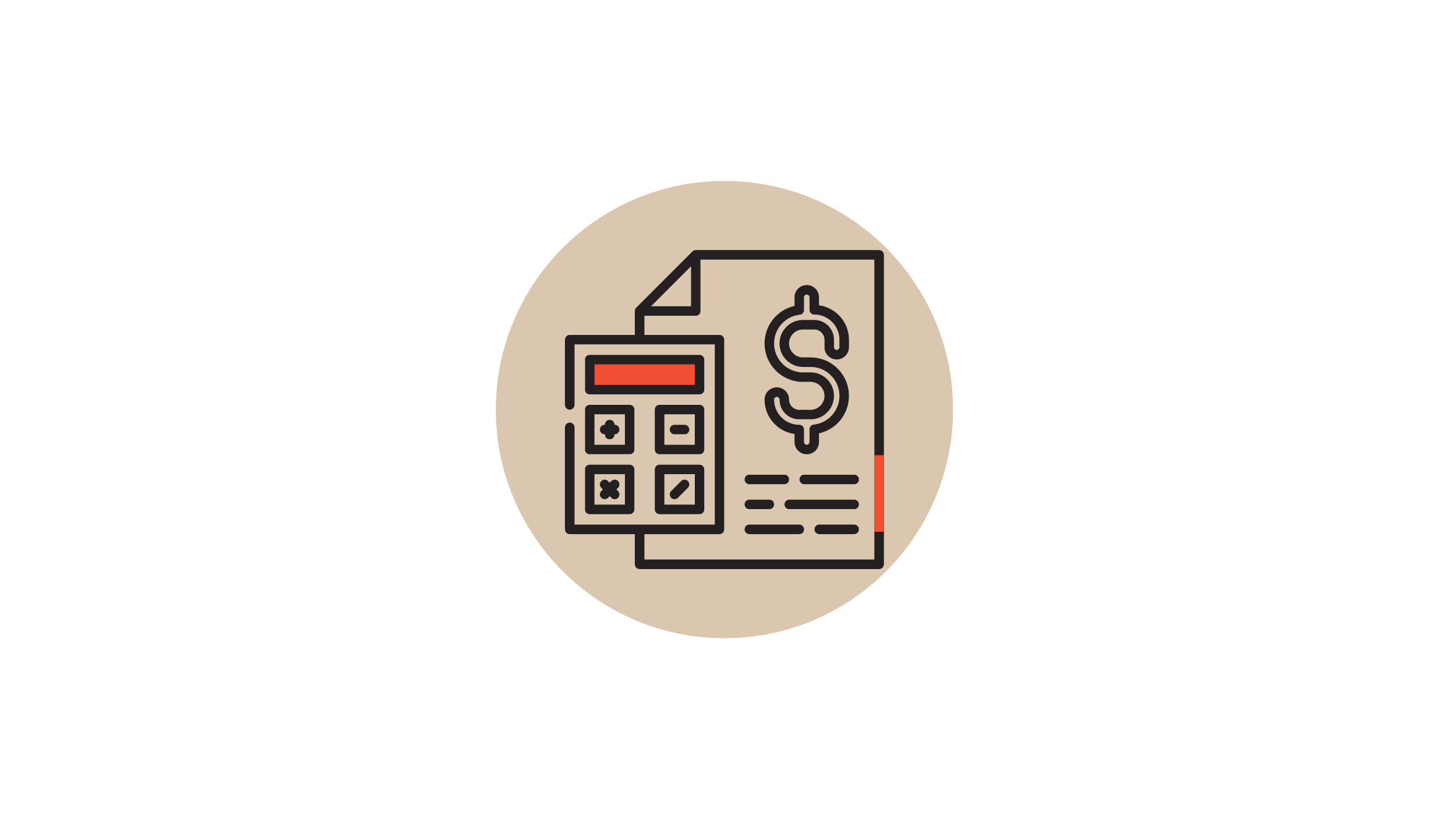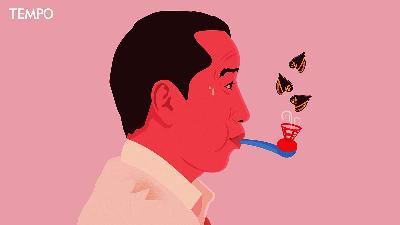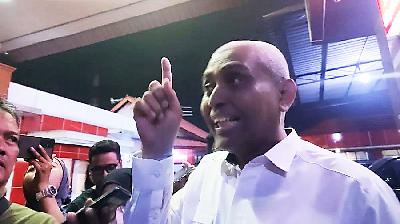The Risk with Free Lunch Program
A number of Jokowi’s ministers are busy producing simulations of the free lunch program. There is a risk it will become a cash cow.
Tempo
May 13, 2024

EVEN though it has not been started, Prabowo Subianto’s free lunch program is already providing an opportunity for a number of members of President Joko Widodo’s cabinet to vie for posts in the forthcoming government. They are ignoring the huge risks of this ambitious program in order to obtain new jobs as aides to Prabowo, who will be inaugurated as president in October.
The provision of free lunches was Prabowo’s flagship program in his presidential campaign. But this program has now become a new agenda item for Jokowi and a number of his ministers. They have been busying themselves preparing for the program, ignoring the resolution of a number of current problems, such as high food prices and shortages of a number of basic commodities.
Just look at how Coordinating Minister for the Economy Airlangga Hartarto is scrambling to find supplies of beef cattle and dairy cattle to meet the needs of the free lunch program. During the campaign, Prabowo said that he wanted to import 1.5 million cattle for this program.
Agriculture Minister Amran Sulaiman has also been busy. At the end of April, through the Food Directorate-General, he invited hundreds of food companies, breeders and importers, and asked them to support the free lunch program by importing dairy cattle. This is despite the fact that most of these businesspeople do not have the ability to import or to take care of dairy cattle.
These plans could eventually lead to disaster. The import of millions of cattle could cause environmental problems, especially if they are imported from nations that are not yet free of cattle diseases. We must prepare ourselves to witness the return of livestock diseases spreading.
With such huge funding requirements, the free lunch program threatens to destabilize state finances and risks becoming a cash cow. Without good and transparent management, this program will provide extensive opportunities for corruption and moral hazard, especially if the reason officials want to discuss this program is not because of the interests of the people, but to safeguard their positions in the future.
Forcing businesspeople to contribute to this plan will damage the business climate. Arbitrary conduct by government officials could lead to investors worrying about doing business in Indonesia. How could it not be, if without any preamble, businesses are simply being told to move into a sector that they may well have very little knowledge of?
It is ironic that all of these ministers are trying to make a good impression at a time when the people are struggling with high food prices. The prices of a number of main foodstuffs, such as rice, shallots, meat, eggs, and beef are still increasing and have been at a high level since Idul Fitri (end of fasting month celebration).
In the animal husbandry sector, the foot-and-mouth disease outbreak has not yet fully been halted. Last month, this disease has continued to spread in a number of regions. It is the resolution of these problems that should be the priority for Airlangga, Amran, and other ministers as their terms of office come to an end.


